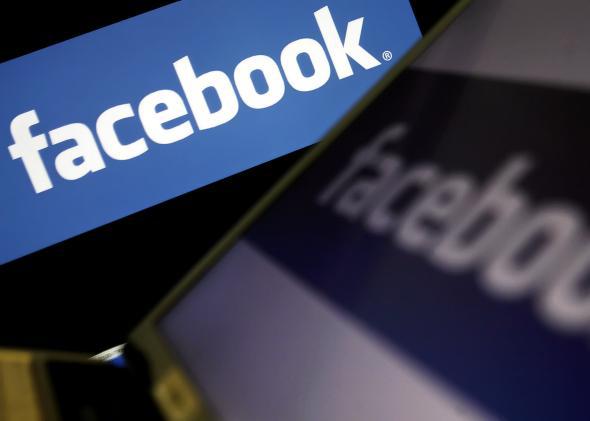Have you ever unfriended someone on Facebook? Be honest. This is a safe blog post.
You meanie! How could you do such a thing? It was a high school friend, wasn’t it? She was blathering on about the evils of affirmative action, wasn’t she? Two new studies from the University of Colorado Denver investigate the psychology behind unfriending, as well as the emotional response of the unfriended. (Both draw on a Twitter survey of 1,077 adults, so take the results with a blue breadcrumb of skepticism: It could be that Twitter folk use Facebook differently from other people.) The first, which probes the who and why of unfriending, found that acquaintances from high school are most likely to get the chop, followed by friends of friends, work friends, and common interest friends. Study co-author Christopher Sibona speculates in a press release that we often wish to sever online contact with people who disagree with us about religion or politics (long live the filter bubble). Since we’re most likely to diverge radically in perspective from those we knew in childhood, before we began picking our friends based on their bumper stickers, they get purged first.
While the majority of friends get flushed for the toxicity of their posts, IRL shenanigans put our work friends uniquely at risk. “We found that people often unfriend co-workers for their actions in the real world rather than anything they post on Facebook,” Sibona said.
The researchers use the euphemism “context collapse” to convey the loss of friendship. (If you too are reminded of colony collapse disorder, with its overtones of mystery and tragedy, then let’s be friends on Facebook.) Study two examined the emotional fallout from context collapse as enacted over the social network and came up with four feelings: surprised, bothered, amused, and sad. As Science Daily explains, a quartet of factors determine how unhappy an Unfriended friend is likely to be at her demotion. If you two once shared a close bond, she’ll probably be upset (and annoyed, because you are setting all kinds of records in passive aggression, Unfriender). If she monitors her Facebook friend list closely, that also enhances the likelihood she’ll suffer. On the other hand, talking about any relationship tensions before cutting the cord has a mitigating effect, and if the Unfriended seeks comfort from her remaining friends afterward—you weren’t the last one, right?—the study suggests she’ll feel better.
What the researchers do not forthrightly state, but which I will, is that unfriending someone is rarely warranted unless you are trying to preserve your own mental health. As Sibona allows, “the cost of maintaining [Facebook] friendships is pretty low. If you make a conscious effort to push a button to get rid of someone, that can hurt.” Why do you want to hurt people, Facebook user who takes Twitter surveys? (Have you no loyalty? Is that why you can’t just pick a social network?) Why must you banish your old buddies to walk amongst the Unfriended, who must live in icy squalor like Divergent’s Factionless or the White Walkers from Game of Thrones? Be kind. Be inclusive. Be humane. Download Hate With Friends instead.
